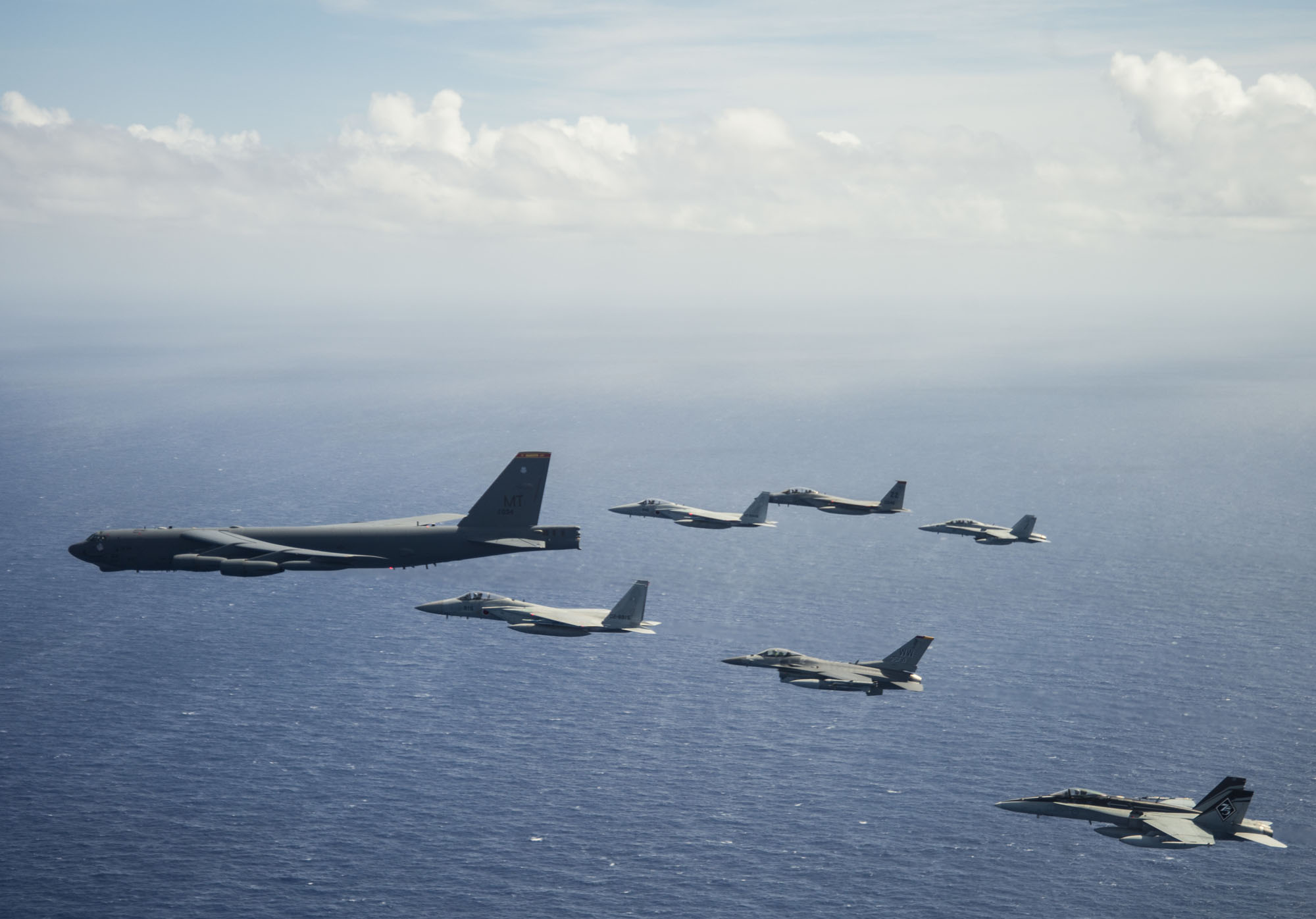At their latest "two plus two" foreign and defense ministerial consultation in 2018, the Australian and Japanese governments reaffirmed their intention to conclude negotiations on an agreement that will "reciprocally improve administrative, policy and legal procedures to facilitate joint operations and exercises."
Observers of the Australia-Japan security relationship will note that six months have elapsed since that meeting with no finalized agreement, adding that it has been over four years since the two countries first decided to enter negotiations on it. The delays and challenges associated with the negotiation may lead some to believe there are strategic-level seams between Australia and Japan; however, when examined from a broader perspective, the deliberate nature of this process reveals the true importance of this agreement as an epoch-making template for Japan's 21st century security relationships.
Known as the Reciprocal Access Agreement (RAA), this instrument of alignment is not only important for the increasingly close security relationship between the two Indo-Pacific powers, it serves as a template both in language and in negotiating process for Japan's other prospective security partners. Once the intergovernmental negotiation is complete, it will be important to monitor how Japanese lawmakers interpret it during Diet deliberations. The outcome of this entire process will establish an important precedent that will inform Japan's security relationships for years to come.

















With your current subscription plan you can comment on stories. However, before writing your first comment, please create a display name in the Profile section of your subscriber account page.